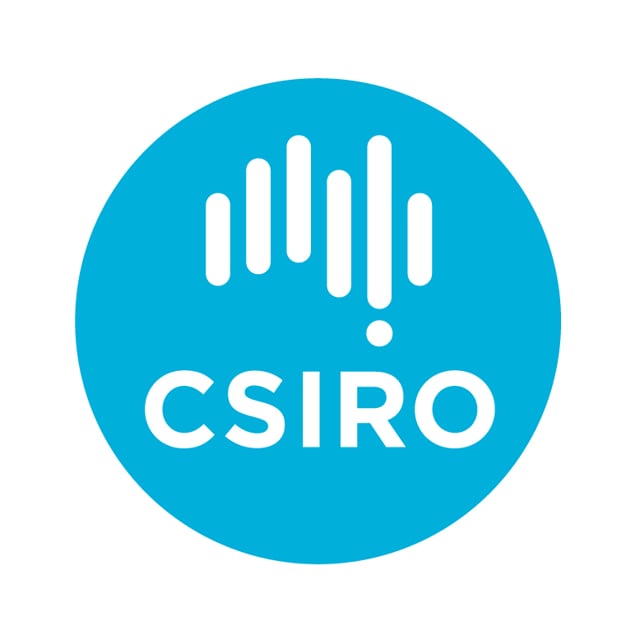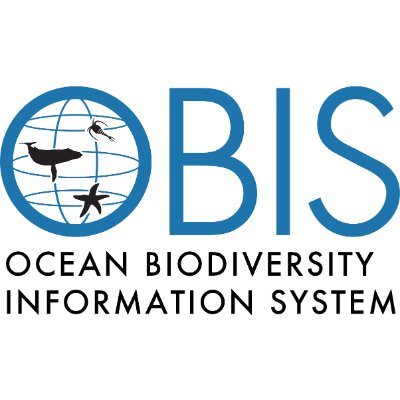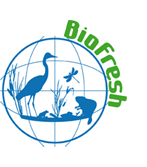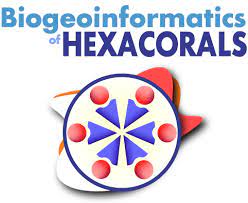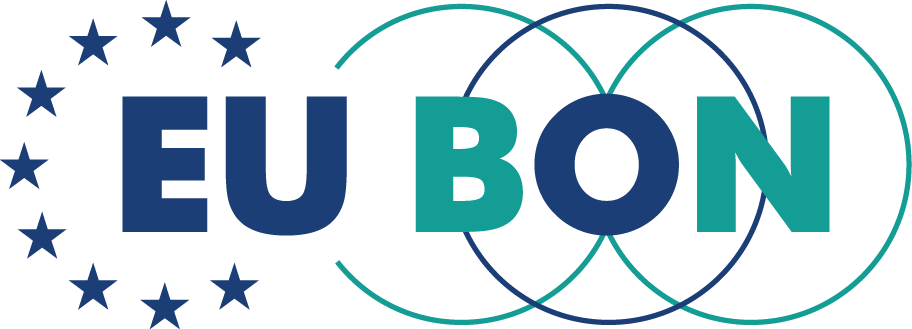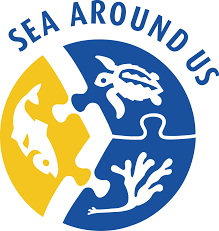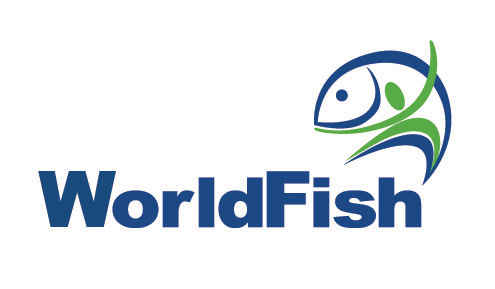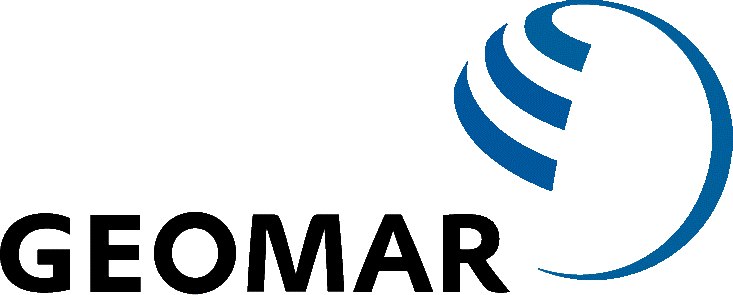Standardized distribution maps for over 33,500 species of fishes, marine mammals and invertebrates
Home |
About AquaMaps | CYOM User Manual |
Environmental Data |
Tools |
Services |
Hints |
Reviewed Maps |
Terms & Conditions |
Publications
| Creating Standardized Range Maps for Eventually All Species in the Oceans |
|
AquaMaps are computer-generated predictions of natural
occurrence of marine species, based on the environmental
tolerance of a given species with respect to depth, salinity,
temperature, primary productivity, and its association with sea
ice or coastal areas. These 'environmental envelopes' are matched
against an authority file which contains respective information
for the Oceans of the World. Independent knowledge such as
distribution by FAO areas or bounding boxes are used to avoid
mapping species in areas that contain suitable habitat, but are
not occupied by the species. Maps show the color-coded likelihood
of a species to occur in a half-degree cell, with about 50 km
side length near the equator. Experts are able to review, modify
and approve maps.
Environmental envelopes are created in part (FAO areas, bounding boxes, depth ranges) from respective information in species databases such as FishBase and SeaLifeBase and in part from occurrence records available from GBIF or OBIS. AquaMaps predictions have been validated successfully for a number of species using independent data sets and the model was shown to perform equally well or better than other standard species distribution models, when faced with the currently existing suboptimal input data sets (Ready et al. 2010). |
| Contacts | |
| Gabriel Reygondeau, coordinator | |
| E-mail: gabriel.reygondeau@miami.edu | |
| Instagram: @aquamap | |
| Twitter: @nuestracr | |
| Kristin Kaschner, model development | |
| Contact: the AquaMaps team | |

